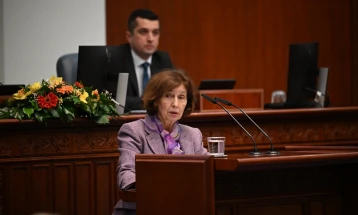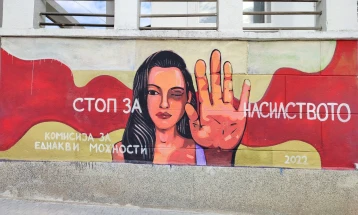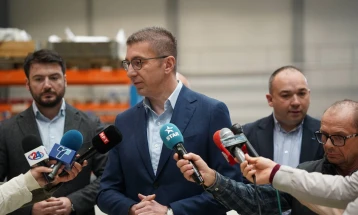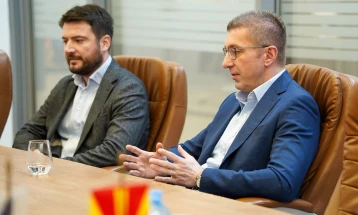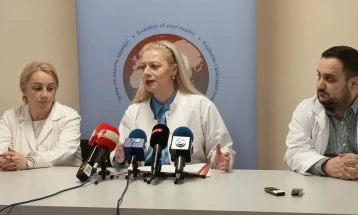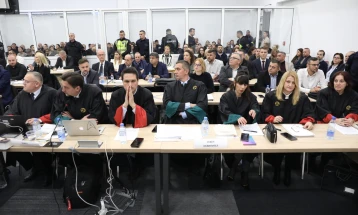Kovachevski: North Macedonia has lost precious time on Euro-integration, committed to present and future
- Post By Ivan Kolekevski
- 10:04, 17 June, 2022
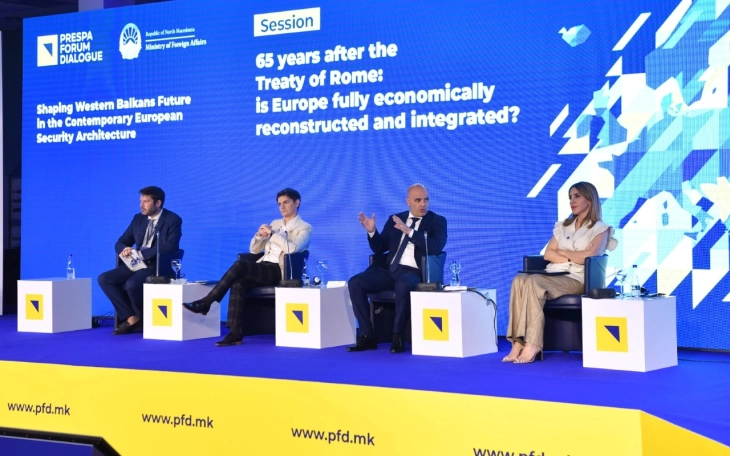
Ohrid, 17 June 2022 (MIA) - Considering the current global turmoil, the topic of the Western Balkans’ European integration is increasingly important, and North Macedonia has lost precious time when it comes to the Euro-integration process, said Prime Minister Dimitar Kovachevski in the keynote address at session “65 years after the Treaty of Rome: is Europe fully economically reconstructed and integrated?” within the Prespa Forum Dialogue in Ohrid on Friday.
PM Kovachevski said he would not talk about the past but the future of the country and the region.
“Discussions on the Balkans usually revolve around past and history, and there are politicians who enjoy talking about history, especially people in the neighborhood, because they are the easiest topics because in this way you do not promise anything to citizens. The most difficult thing is to talk to citizens about economy, because you then promise and people expect a better living standard. I will talk about the present and plans for the future, what we as a country are doing in terms of economic development and better future for the people, together with countries in the region and strategic partners” said Kovachevski,
He focused on three main aspects for today’s topic: adoption of the national legislation with the EU Acquis and implementation of standards, structural reforms, Open Balkan initiative and its economic benefits, and the region’s integration in the EU and the Union’s single market.
“Our commitment to EU membership has been clear since the country’s independence. North Macedonia has been a candidate-country since 2005 and signed the Stabilization and Association Agreement 20 years ago, Although EU accession has not materialized, SAA is still the only legal framework that regulates relations between the two sides and contributes to the economic and political stability of the country, consolidation of democracy and rule of law,” said Kovachevski.


